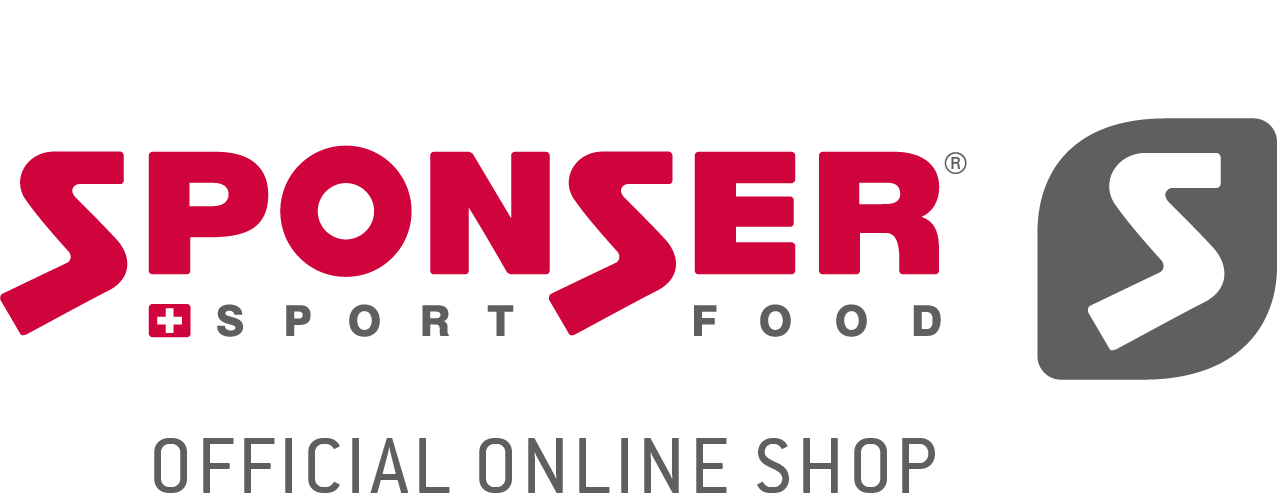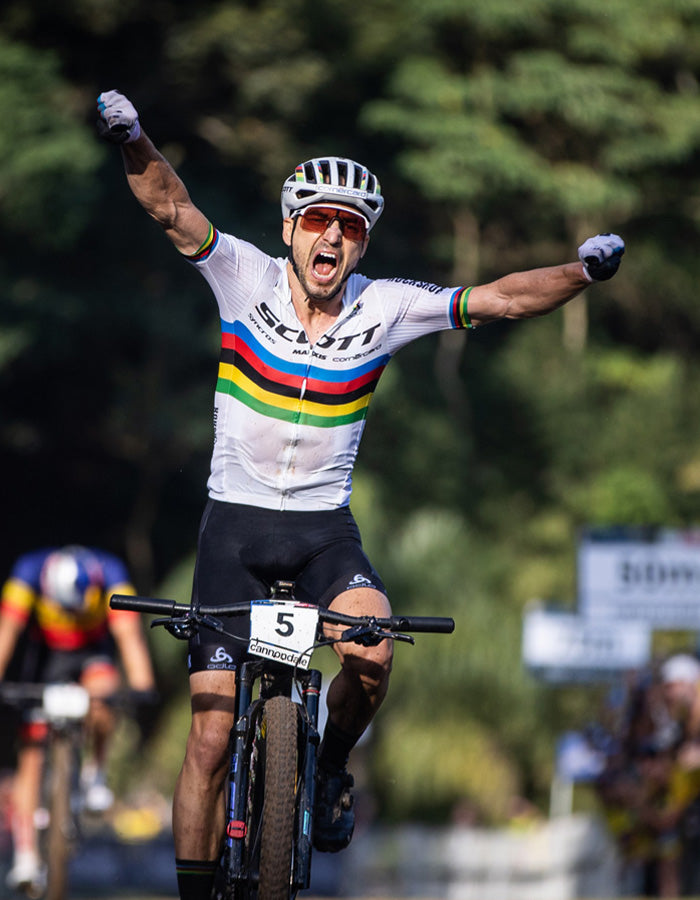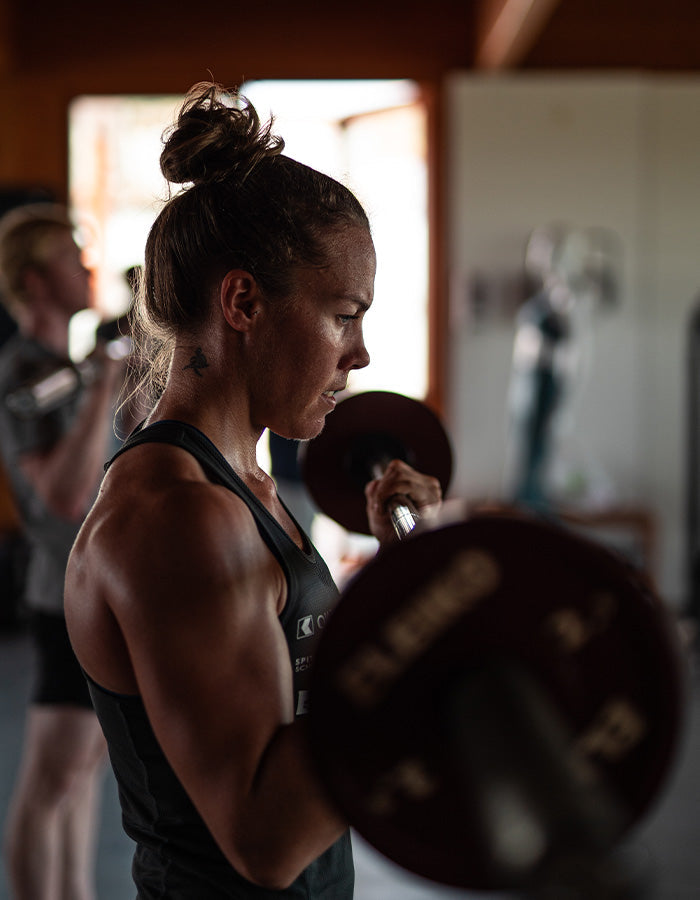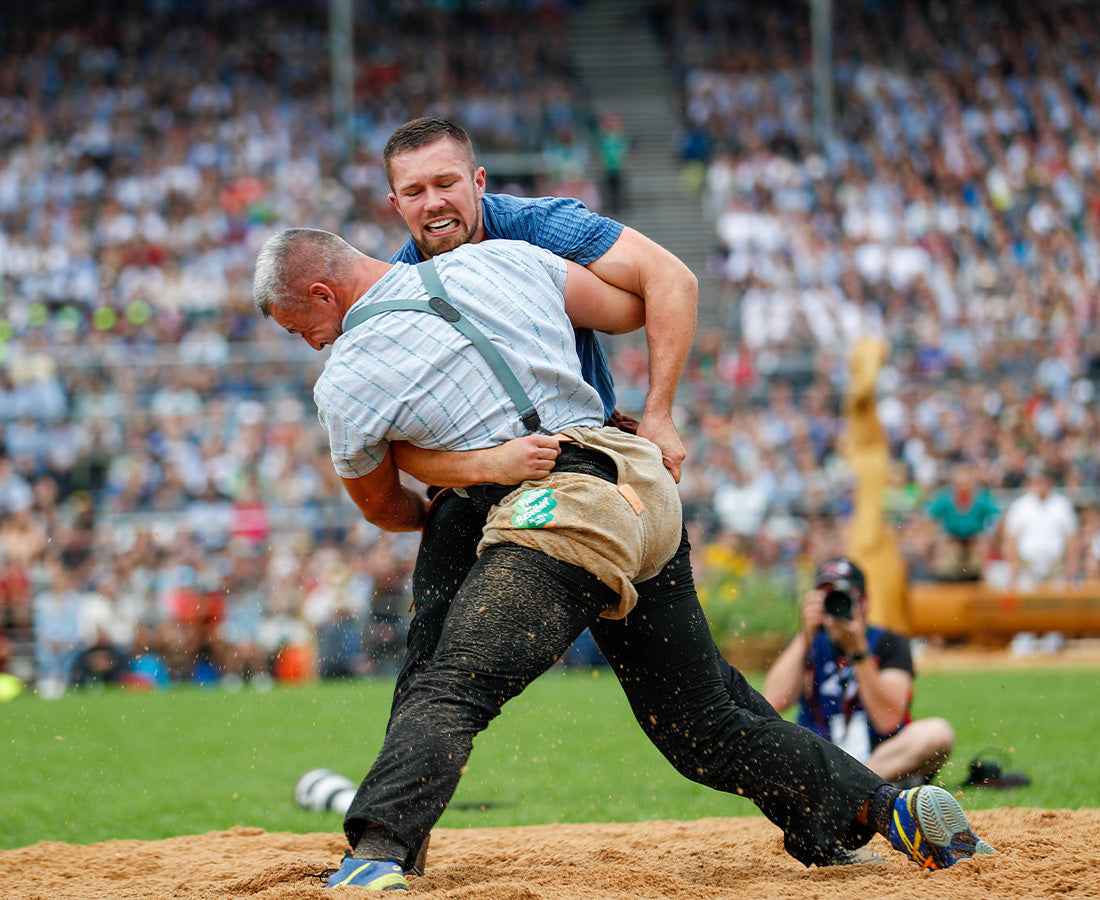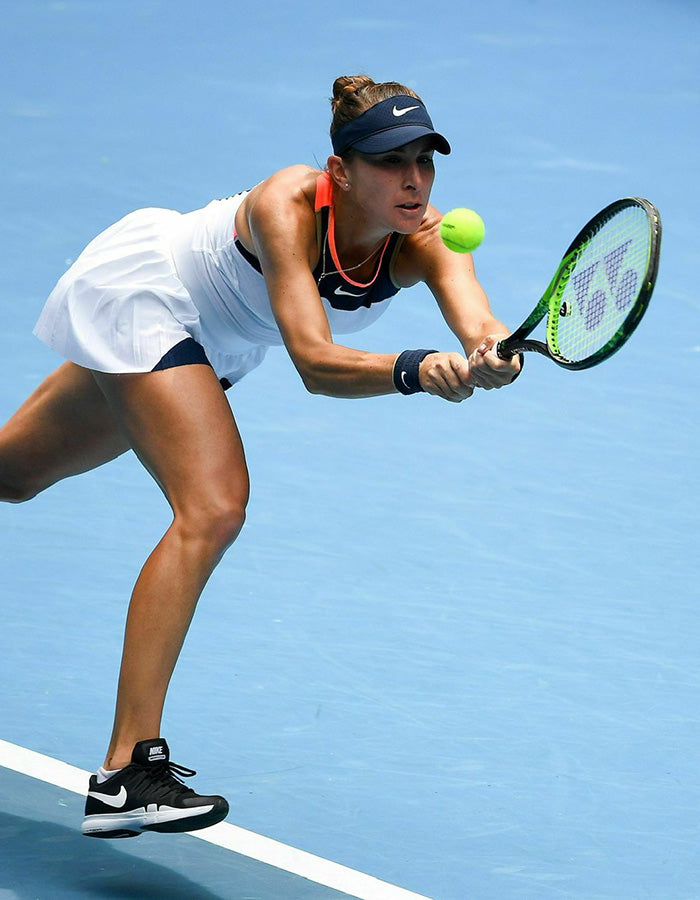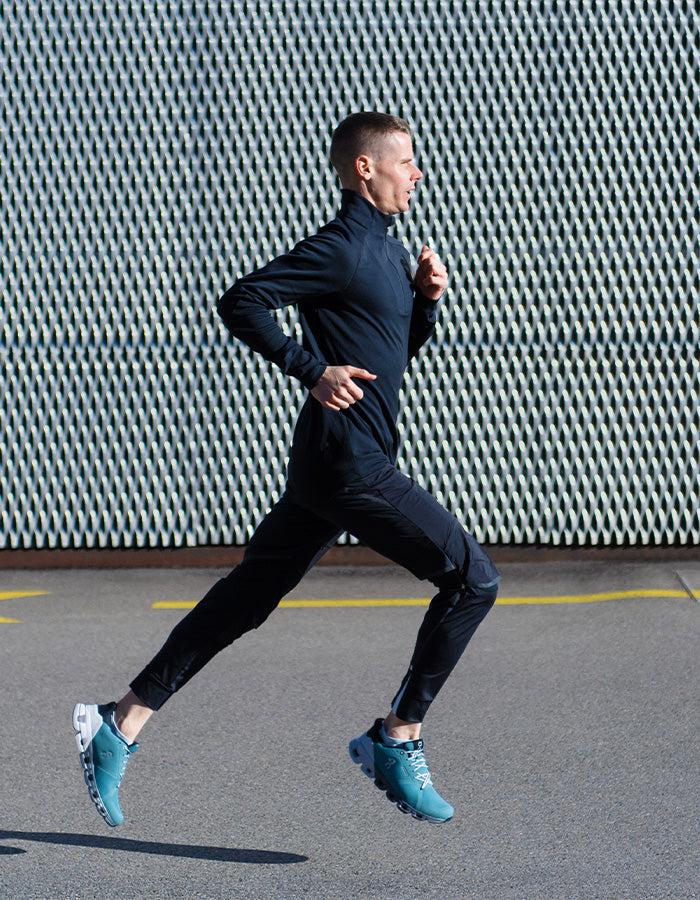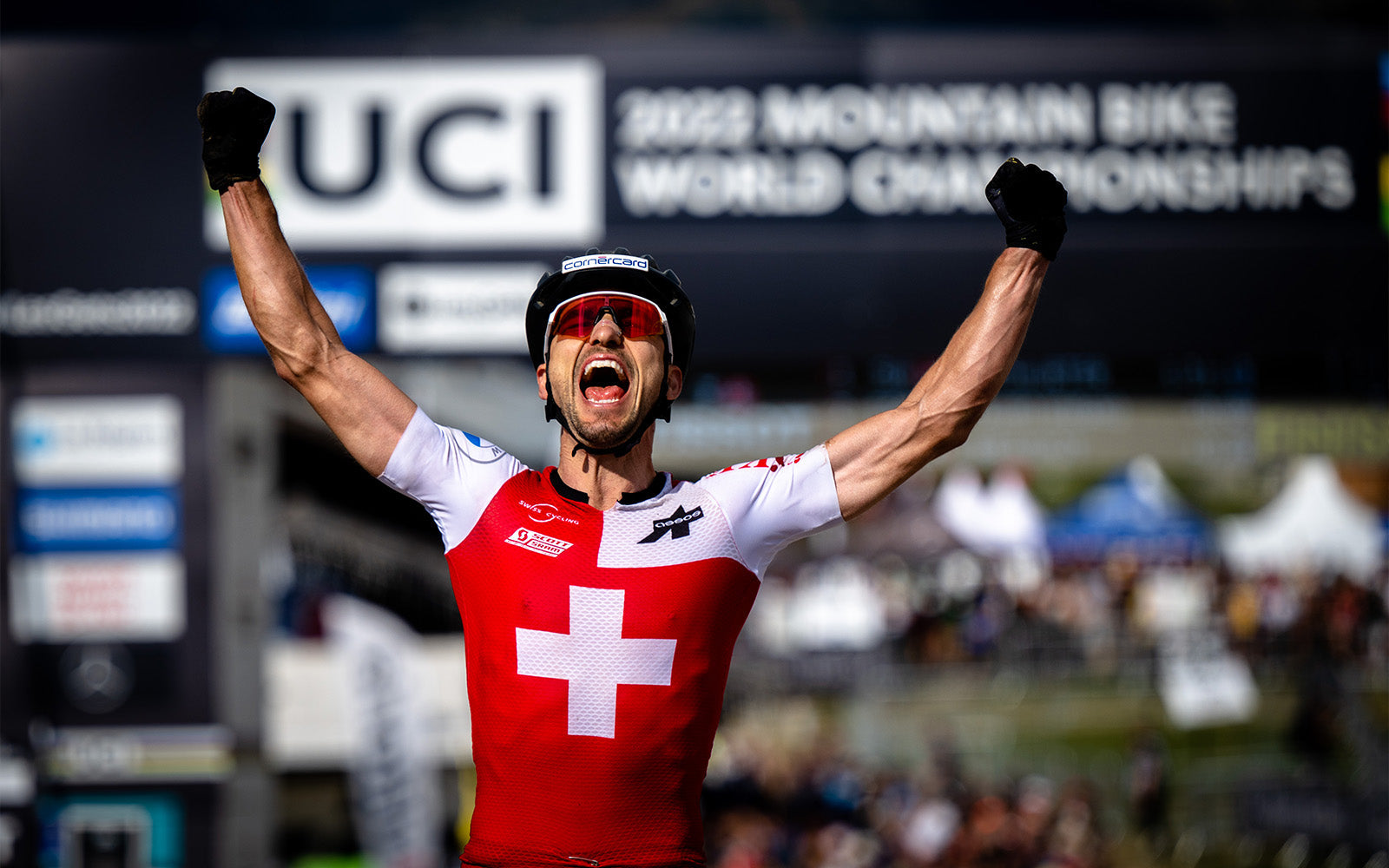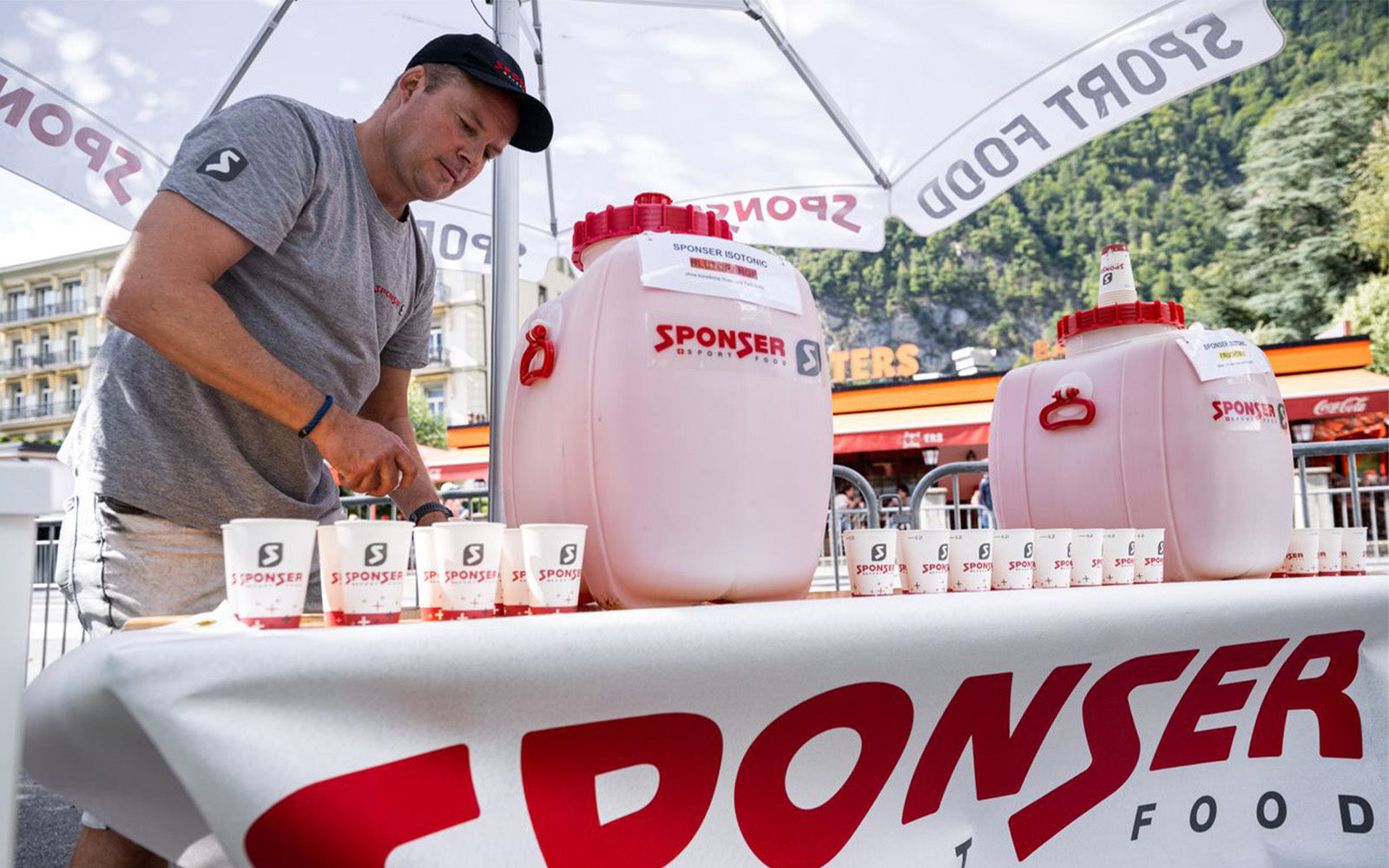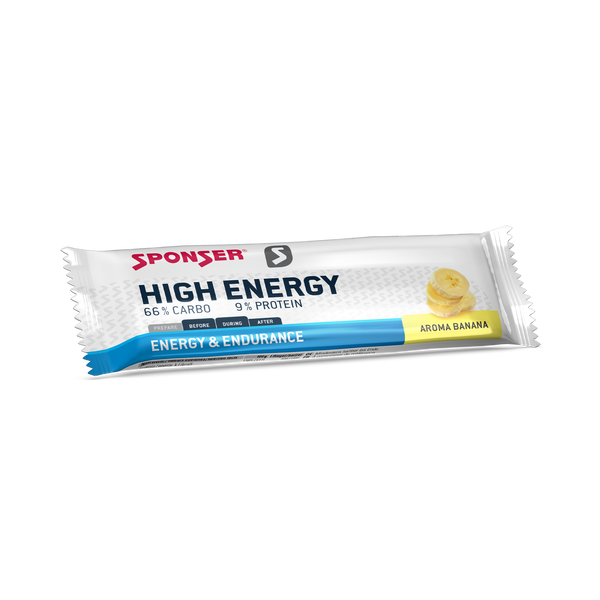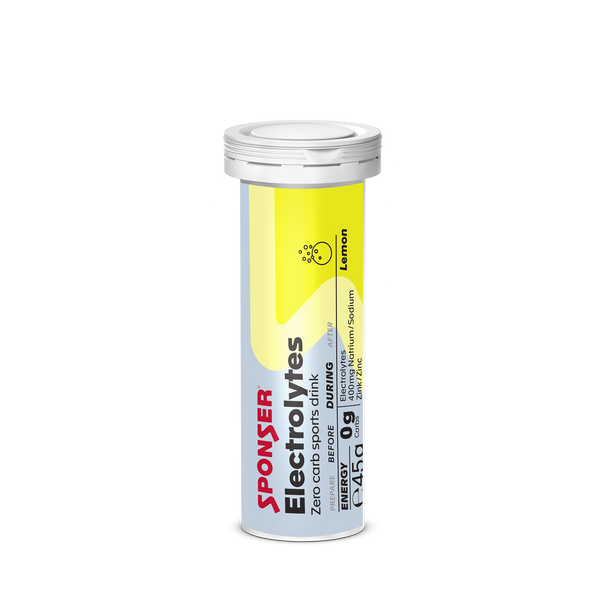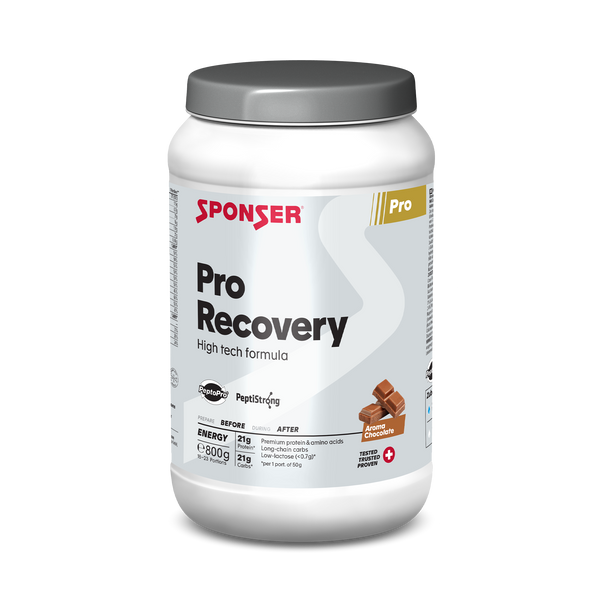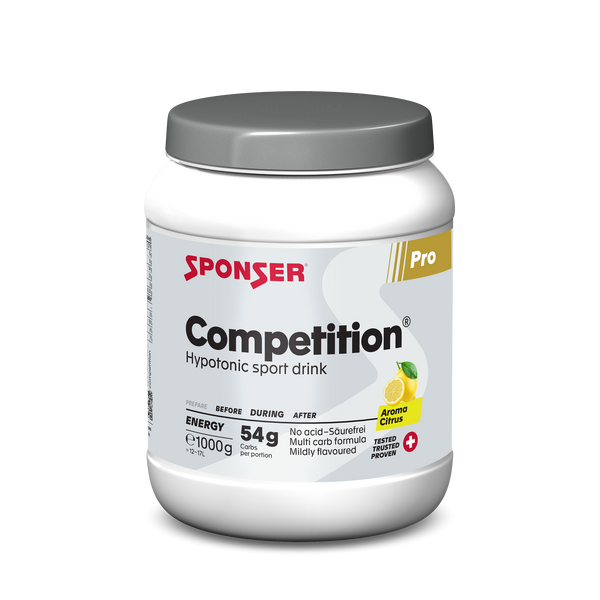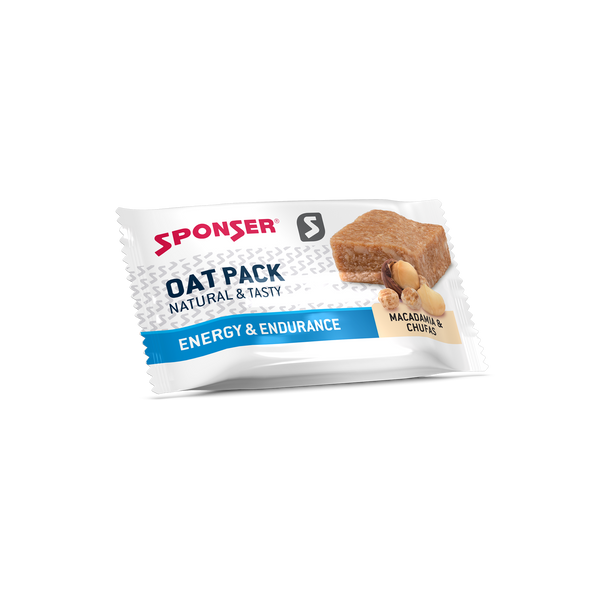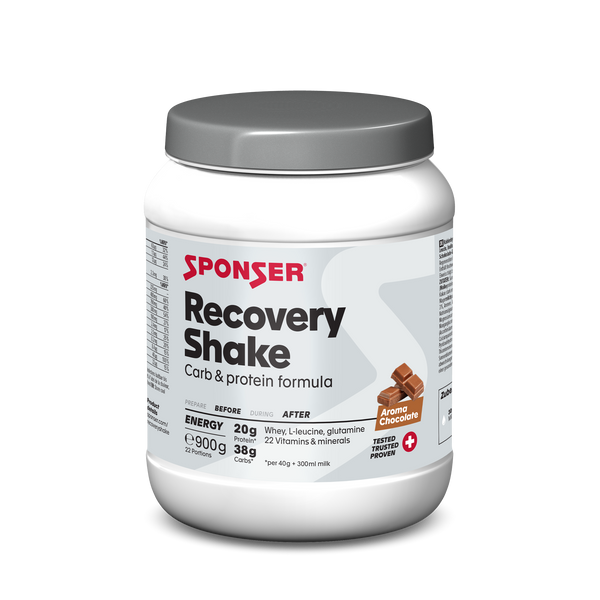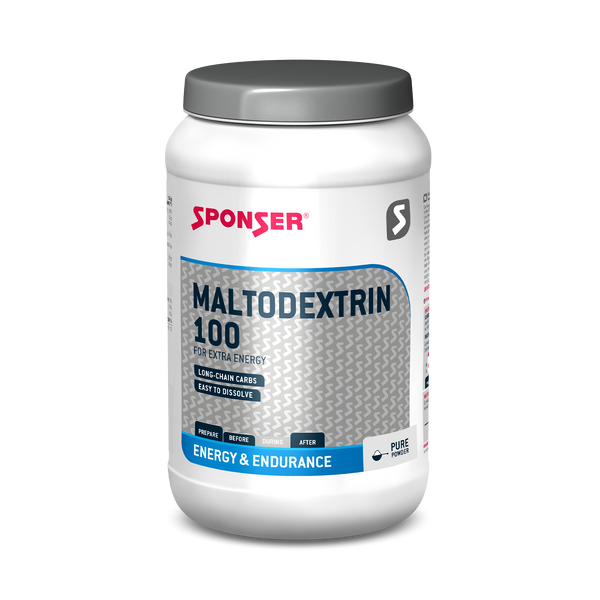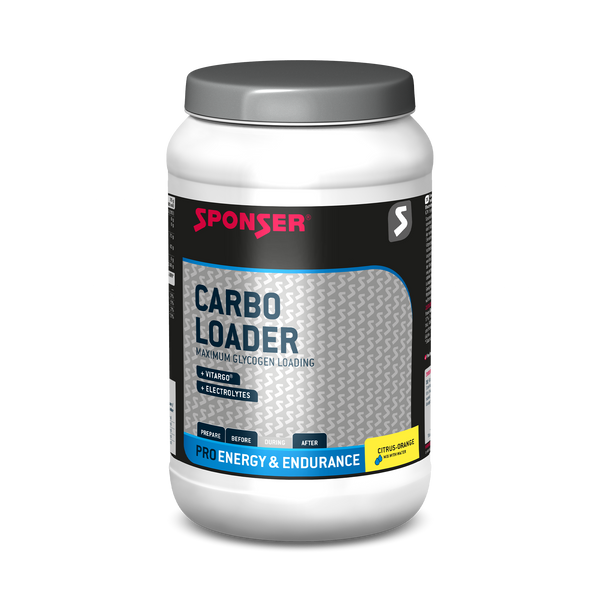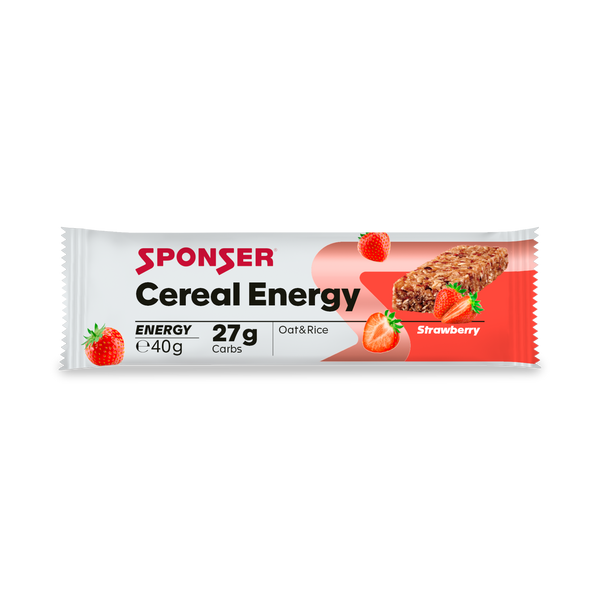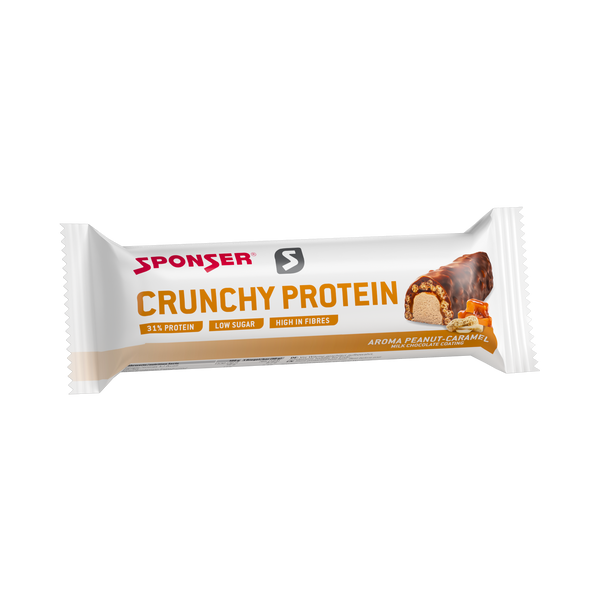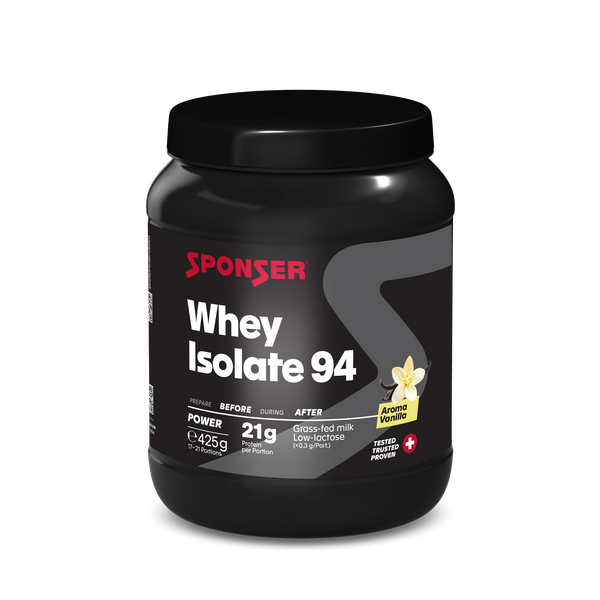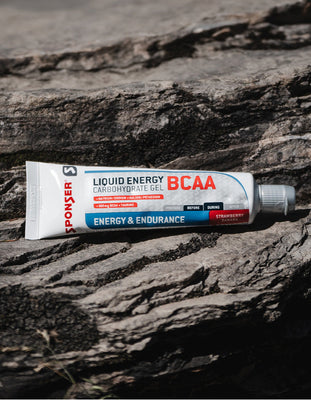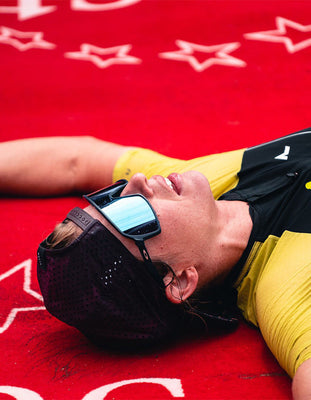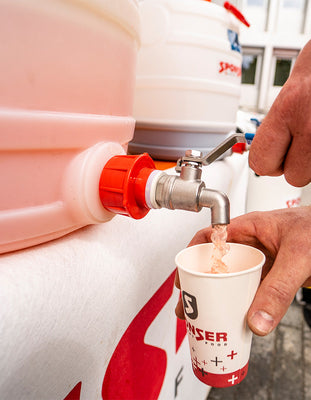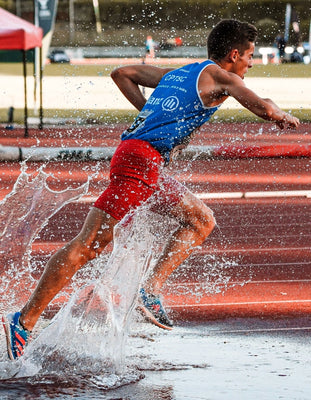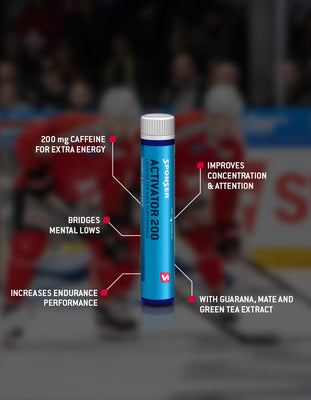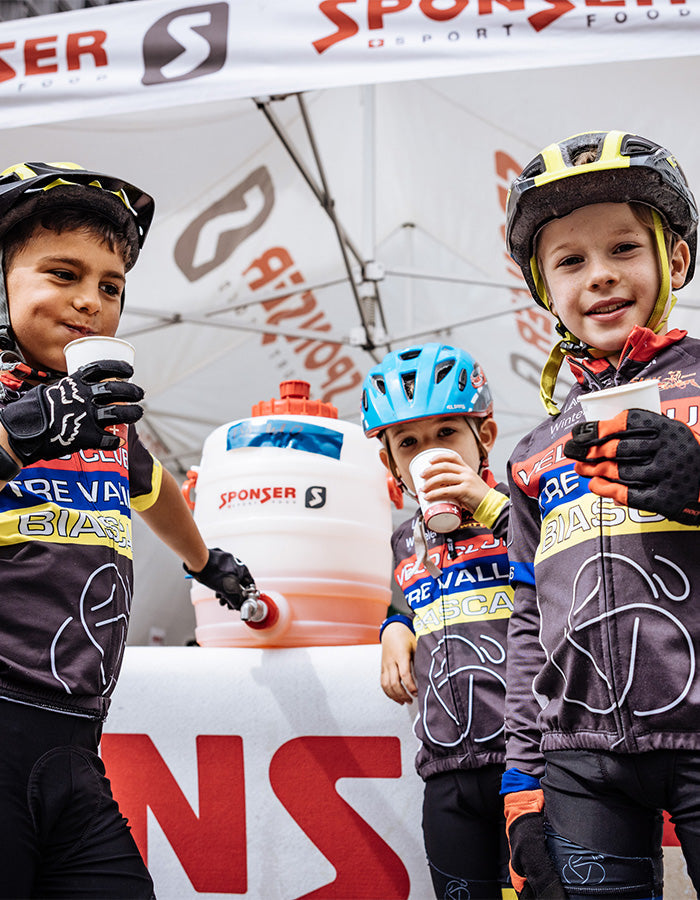
Photo credit: Staronphoto
Adolescent athletes have increased energy and protein requirements
Considering the higher energy and protein requirements of growing children and adolescents, it is obvious that those who engage in sports have an increased (relative) need compared to adults. If one also takes into account that children are more likely to be affected by nutritional deficiencies (unhealthy food preferences, disinterest, rejection of parental guidelines, etc.), it is certainly appropriate to consider supplementing their diet with sports foods. The primary aim is to provide energy and protein and not to promote specific performance. In principle, basic nutritional recommendations for adult athletes apply equally to children and adolescents:
• Use of carbohydrate-electrolyte sports drinks during sports activities lasting more than one hour.
• Energy bars and other easily digestible, carbohydrate-containing snacks during the day, especially before energetically demanding activities.
• Consumption of carbohydrate-protein shakes shortly after performance.
General sports nutrition recommendations for children and adolescents
1. Fluid
Thirst should always be the driver for drinking. However, you should keep an eye on children and help them to remember to drink at all. Because they tend to forget about drinking, either because of sporting zeal or simply because of distraction. The best recommendation is acid-free sports drinks (COMPETITION®), wherever energy is needed. Otherwise, water or sugar-free effervescent powders/tablets (ELECTROLYTES) are sufficient, depending on taste acceptance. Pure maltodextrin (MALTODEXTRIN 100) can also be added to self-brewed tea water as an energy supplement, preferably with a pinch of salt per liter.
2. Energy
In addition to sports drinks, many bars also serve as an easily digestible source of energy. They can be conveniently taken anywhere and consumed before, during and also after performance. Carbohydrate gels can also be used in this way to a certain extent. However, these should be reserved for intensive competition situations or acute energy shortages. SPONSER offers various suitable bars: HIGH ENERGY BAR, CEREAL ENERGY PLUS BAR and the very satiating OAT PACK.
3. Protein
Healthy growth and bone health are of major importance for children and adolescents and require sufficient protein in the diet. Also, a quick recovery after physical activity depends on protein, but also on the energy supply, in order to optimally support the protein resynthesis. Consequently, special attention should be paid to the daily protein supply of children. The rule of thumb is 1.5-2.0 g protein per kg body weight per day. Preferably, one portion should contain 20-30 g of protein and be taken together with approx. 30-50 g of carbohydrates within one hour after demanding sporting activities. A rough guideline is also to take 20-30 g of protein every 3-5 hours. To supplement meals, pure protein drinks such as WHEY ISOLATE 94 or protein-carbohydrate combinations such as RECOVERY DRINK, RECOVERY SHAKE, PRO RECOVERY are suitable possibilities. Ready-to-drink products such as PROTEIN DRINKS or tasty, low-sugar protein bars such as CRUNCHY PROTEIN BAR are also suitable.
4. Omega-3 fatty acids and vitamin D
Omega-3 fatty acids (EPA + DHA) belong to the essential fatty acids and cannot be produced in sufficient quantities by the body. Therefore, they must be provided through the diet from an appropriately rich food source. The daily recommendations by nutrition societies are 500 mg of omega-3 fatty acids per day. This quantity would require the consumption of 40 to 70 g of fatty fish (sardines, herring, salmon, mackerel) or 175 g of trout daily. An omega-3 supplement is therefore particularly recommended if fatty fish is consumed less than twice a week. Furthermore, vitamin D is one of the most common deficiency elements worldwide. As it is primarily formed in the skin by sunlight, food is not the main source, but supplementation allows to compensate for insufficient sun exposure. Particularly in latitudes north of the Alps, where solar radiation is a priori hardly sufficient to achieve the current health recommendations of vitamin D, especially if excessive use of sun cream prevents vitamin formation in the skin. Vitamin D is essential for healthy bone formation during growth and for a healthy immune system. For both nutrients, the supplementation with OMEGA-3 PLUS is recommended.
5. Carboloading
A targeted carboloading should only be considered before competition situations with a pronounced long-term endurance character or as a temporary measure in the event of acute energy shortage or increased energy requirements (training camps). A partial carboloading could be considered in phases of growth spurts and delayed weight development. The use of the CARBO LOADER 2-4 times a day during a defined period helps to cover an increased energy demand more easily than with a normal diet alone.
Keep an eye on dental health!
Sugar and acids are known to be bad for the teeth. The most harmful is constant sipping and all too frequent nipping of carbohydrate- and acidic drinks, especially those containing fruit juice. Alternatives are acid-free sports drinks such as COMPETITION®, or carbohydrate-free drinks if no energy is needed (ELECTROLYTES). It also makes sense to rinse the mouth with water or taking sugar-free chewing gums (saliva has a protective effect) after consumption of carbohydrate-containing drinks - until the next opportunity for dental hygiene with a toothbrush.
Refrain from caffeine and creatine
The unconditional use of specific performance-enhancing supplements such as caffeine, creatine, beta-alanine or special nutritional strategies such as soda-loading must clearly be considered as not appropriate for children, even though there may be no health risk at the usual recommended dosages. As long as the technical skills and physical performance factors are still developing and far from being fully exploited, performance progress will be achieved much more efficiently by promoting them.
As a final remark, it should be kept in mind that any nutritional measure is only as good as far as it is actually implemented! It is more important to find measures, products and taste variations that are voluntarily and gladly accepted by the person concerned than to stubbornly stick to fixed nutrient calculations and recommendations. If something is practiced only reluctantly, the implementation will sooner or later fail.
Related articles
shop » energy bars
shop » sport drinks
Author: Remo Jutzeler
Head R&D SPONSER SPORT FOOD
Ing. Applied Food Sciences UAS
MAS Nutrition & Health ETHZ
